Queer Beauty
Columbia Themes in Philosophy, Social Criticism, and the Arts
Columbia Themes in Philosophy, Social Criticism, and the Arts
Lydia Goehr and Gregg M. Horowitz, Editors
Advisory Board
| J. M. Bernstein | Nol Carroll |
| T. J. Clark | Arthur C. Danto |
| Martin Donougho | David Frisby |
| Boris Gasparov | Eileen Gillooly |
| Thomas S. Grey | Miriam Bratu Hansen |
| Robert Hullot-Kentor | Michael Kelly |
| Richard Leppert | Janet Wolff |
Columbia Themes in Philosophy, Social Criticism, and the Arts presents monographs, essay collections, and short books on philosophy and aesthetic theory. It aims to publish books that show the ability of the arts to stimulate critical reflection on modern and contemporary social, political, and cultural life. Art is not now, if it ever was, a realm of human activity independent of the complex realities of social organization and change, political authority and antagonism, cultural domination and resistance. The possibilities of critical thought embedded in the arts are most fruitfully expressed when addressed to readers across the various fields of social and humanistic inquiry. The idea of philosophy in the series title ought to be understood, therefore, to embrace forms of discussion that begin where mere academic expertise exhausts itself, where the rules of social, political, and cultural practice are both affirmed and challenged, and where new thinking takes place. The series does not privilege any particular art, nor does it ask for the arts to be mutually isolated. The series encourages writing from the many fields of thoughtful and critical inquiry.
Lydia Goehr and Daniel Herwitz, eds., The Don Giovanni Moment: Essays on the Legacy of an Opera
Robert Hullot-Kentor, Things Beyond Resemblance: Collected Essays on Theodor W. Adorno
Gianni Vattimo, Arts Claim to Truth, edited by Santiago Zabala, translated by Luca DIsanto
John T. Hamilton, Music, Madness, and the Unworking of Language
Stefan Jonsson, A Brief History of the Masses: Three Revolutions
Richard Eldridge, Life, Literature, and Modernity
Janet Wolff, The Aesthetics of Uncertainty
Lydia Goehr, Elective Affinities: Musical Essays on the History of Aesthetic Theory
Christoph Menke, Tragic Play: Irony and Theater from Sophocles to Beckett, translated by James Phillips
Gyrgy Lukcs, Soul and Form, translated by Anna Bostock and edited by John T. Sanders and Katie Terezakis with an introduction by Judith Butler
Joseph Margolis, The Cultural Space of the Arts and the Infelicities of Reductionism
Herbert Molderings, Art as Experiment: Duchamp and the Aesthetics of Chance, Creativity, and Convention

Columbia University Press
Publishers Since 1893
New York Chichester, West Sussex
cup.columbia.edu
Copyright 2010 Columbia University Press
All rights reserved
E-ISBN 978-0-231-51955-7
Library of Congress Cataloging-in-Publication Data
Davis, Whitney.
Queer beauty: sexuality and aesthetics from Winckelmann to Freud and beyond / Whitney Davis.
p. cm. (Columbia themes in philosophy, social criticism, and the arts)
Includes bibliographical references and index.
ISBN 978-0-231-14690-6 (cloth : alk. paper) ISBN 978-0-231-51955-7 (e-book)
1. Aesthetics. 2. Sex. 3. Homosexuality. I. Title. II. Series.
BH39.D383 2010
111..85dc22
2010000456
Casebound editions of Columbia University Press books are printed on permanent and durable acid-free paper
A Columbia University Press E-book.
CUP would be pleased to hear about your reading experience with this e-book at .
References to Internet Web sites (URLs) were accurate at the time of writing. Neither the author nor Columbia University Press is responsible for Web sites that may have expired or changed since the book was prepared.

For Brent
All at once, without warning of any kind, he found himself wrapped around as it were by a flame-colored cloud.
Richard Maurice Bucke, Cosmic Consciousness

Contents

T his book presents extensively revised versions of ten essays written in the last twelve years or so, building on two earlier books of mine, Replications: Archaeology, Art History, Psychoanalysis and Drawing the Dream of the Wolves: Homosexuality, Interpretation, and FreudsWolf ManCase, both published in 1996. In revising texts that were written separately for different forums, I have tried to indicate some of the relations between them. As I explain in the introduction, certain themes recur; in particular, I have tried to present some aspects, though not all aspects, of a coherent intellectual genealogy and a distinct cultural history. Still, this book is conceived as a series of essays that can be read as freestanding treatments of their subjects. Therefore I have not tried to render each chapter fully consistent with the others, to reduce them to a single argument, or to extract overarching conclusions from them. Instead I hope to have indicated arenas in the history of art and aesthetics, the history of science and psychology, and the history of philosophy and anthropology in which the theme of sexuality and aesthetics (of sexuality in aesthetics, of aesthetics as sexuality, of the aesthetics of sexuality, of the sexuality of aesthetics) might be pursued. Several chapters will be complemented by a book on homoerotic aesthetics and the fine-arts tradition from 1750 to 1920; it will be published soon, I hope, under the title The Transcendence of Imitation. And they are related to a number of articles on art-historical topics that I have already published, cited, where appropriate, here.
Students in several courses at the University of California at Berkeley (especially in undergraduate lecture courses on Queer Visual Culture and Homoeroticism and the Visual Arts that I have taught several times since 2001 and in graduate seminars on aestheticism, the history of art theory, and the history of sexuality) have heard many of the ideas discussed in several chapters. They responded with comments and questions as well as fascinating projects of their own. My teaching assistants, Anthony Grudin, Jeremy Melius, and Justin Underhill, contributed immensely to the courses and therefore to the consolidation of the arguments presented here. I am grateful to Lydia Goehr, Gregg Horowitz, and Noell Carroll, editors of Columbia Themes in Philosophy, Social Criticism, and the Arts, and to Wendy Lochner of Columbia University Press for their encouragement, suggestions, and support. Two reviewers for the press provided detailed comments that helped steer my final revisions. An extensive secondary scholarship has accrued to many of the topics that I address in this book, and I have benefited from the advice of many readers and interlocutors. In order to keep the text to a manageable length, however, I have not been able to cite all the relevant contributions or to register my points of agreement or disagreement with each one of them. My many scholarly debts will be obvious to specialists.

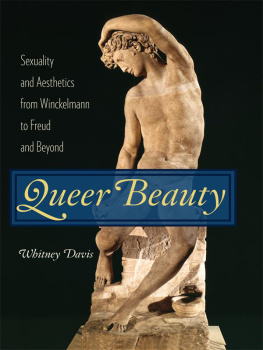
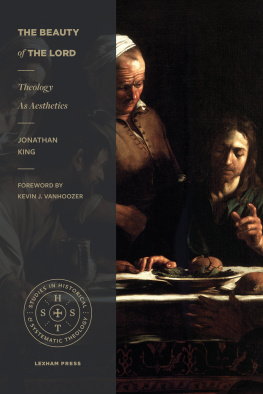
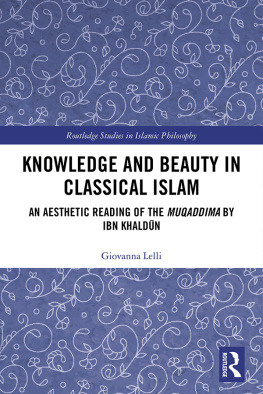

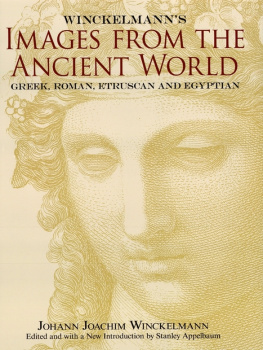
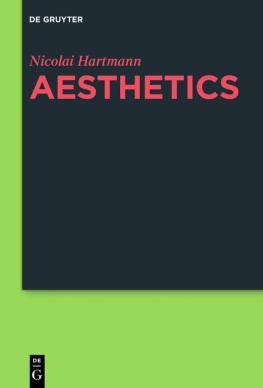
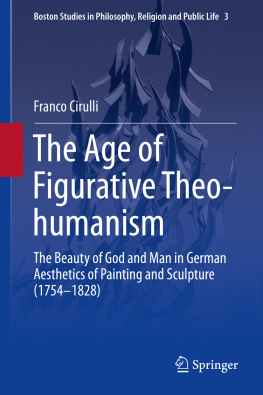

 For Brent
For Brent